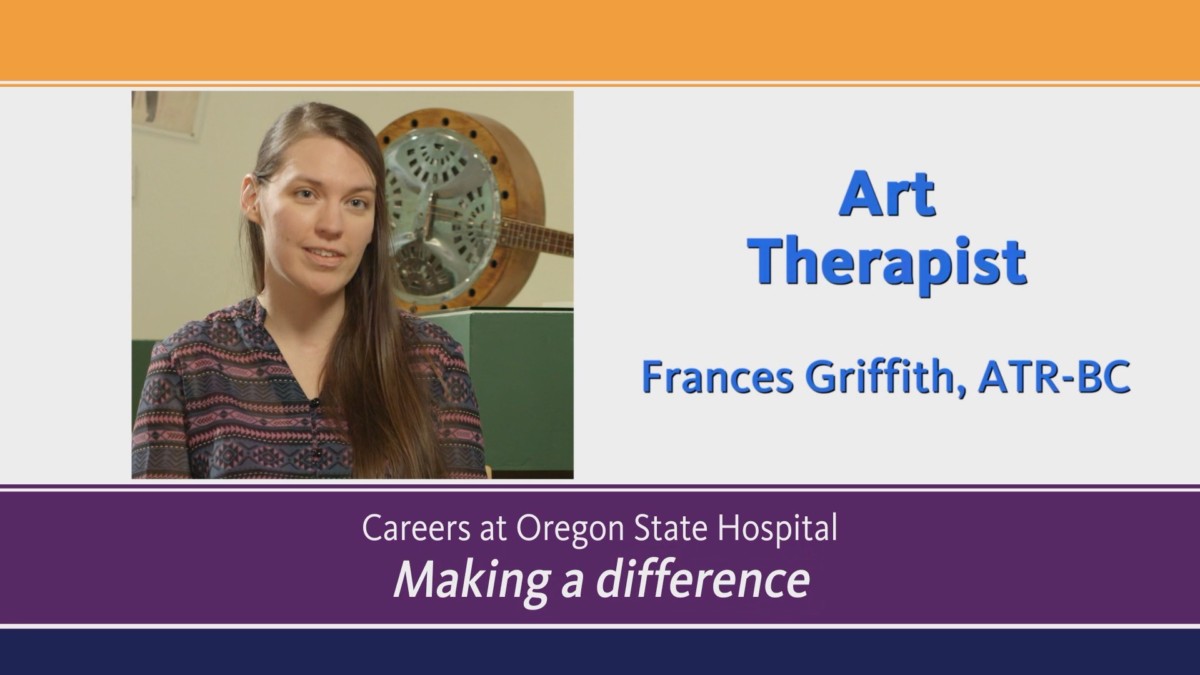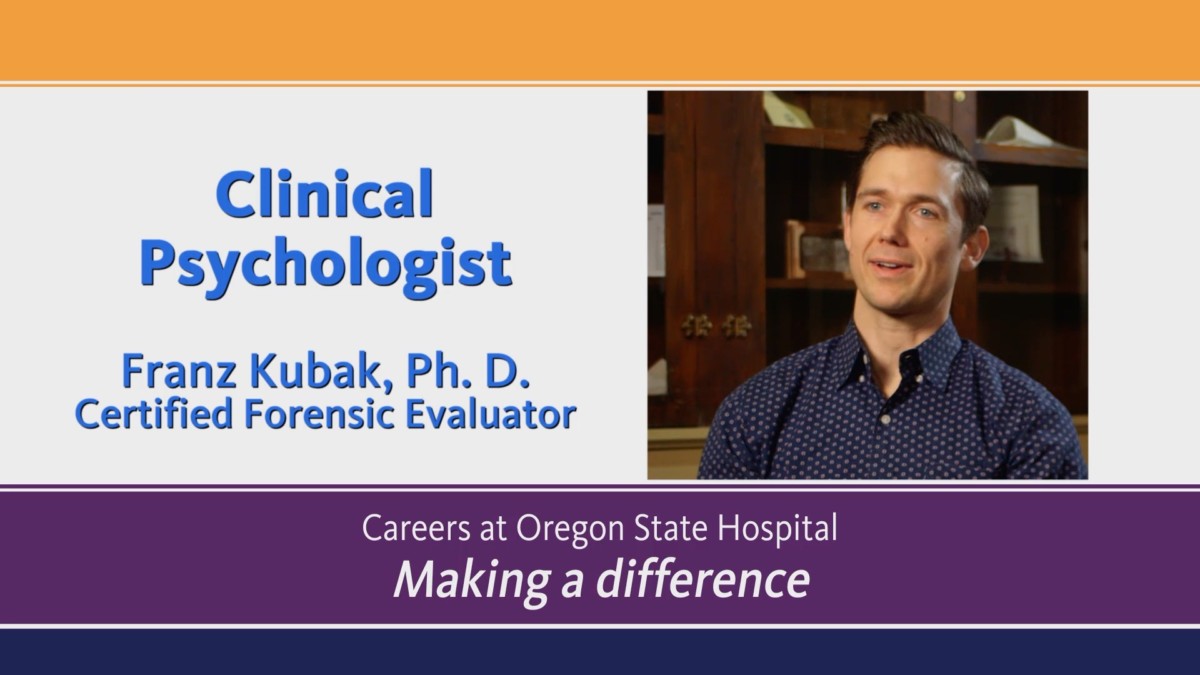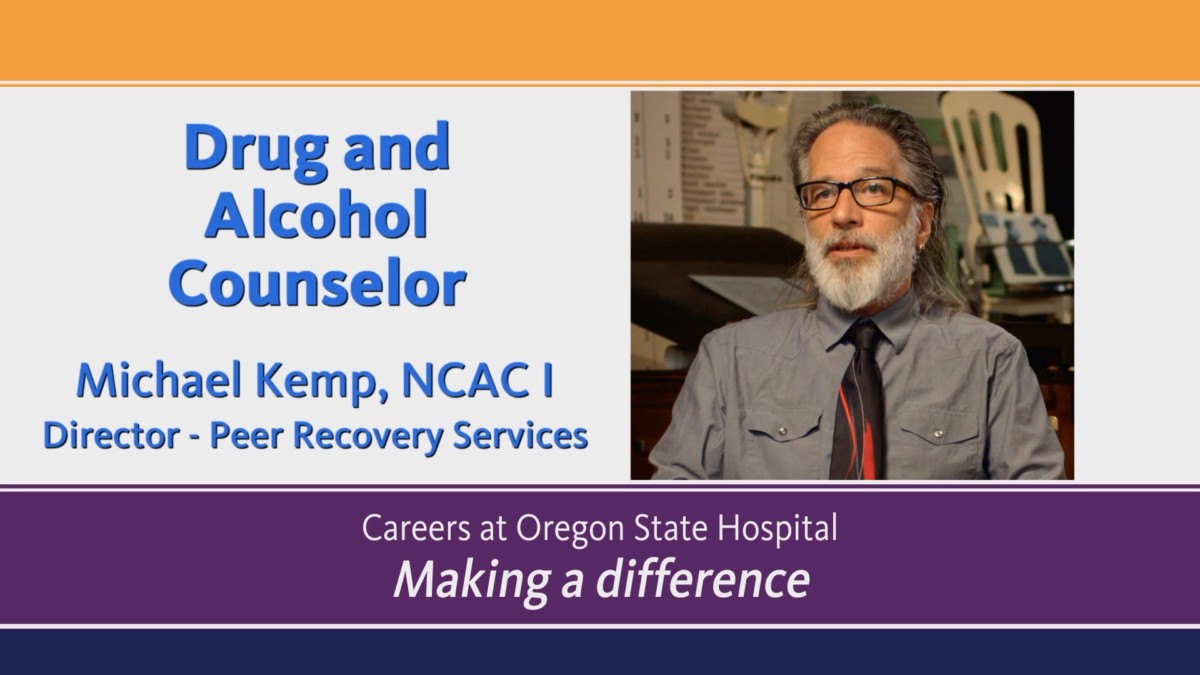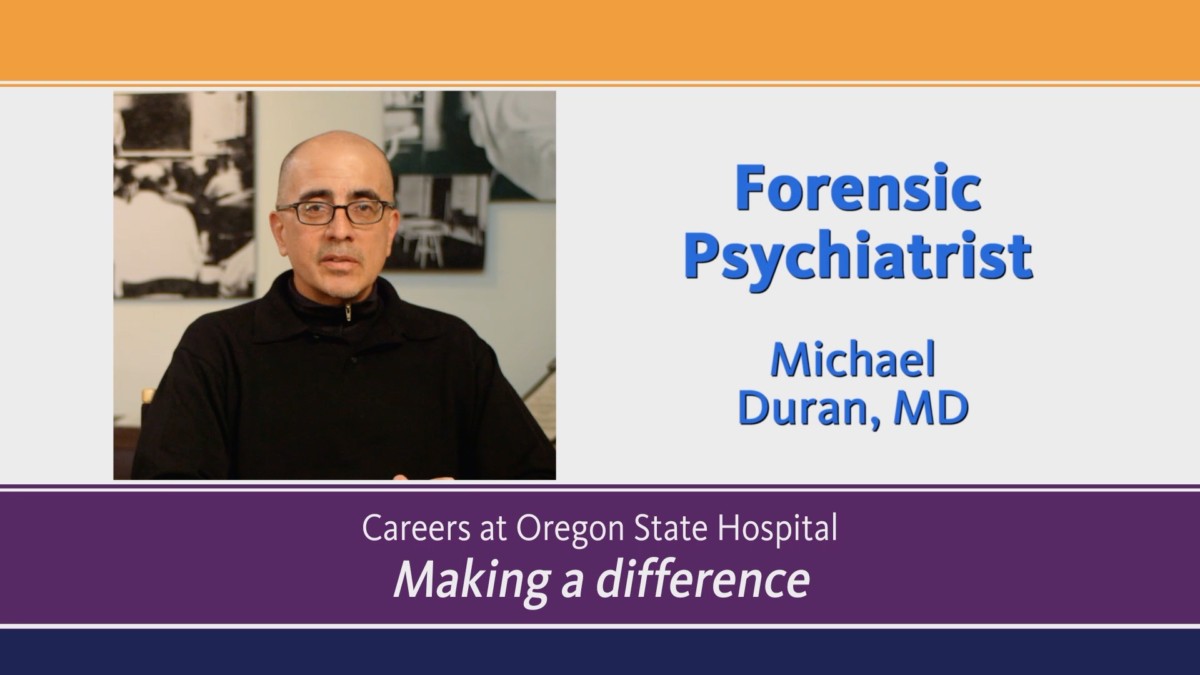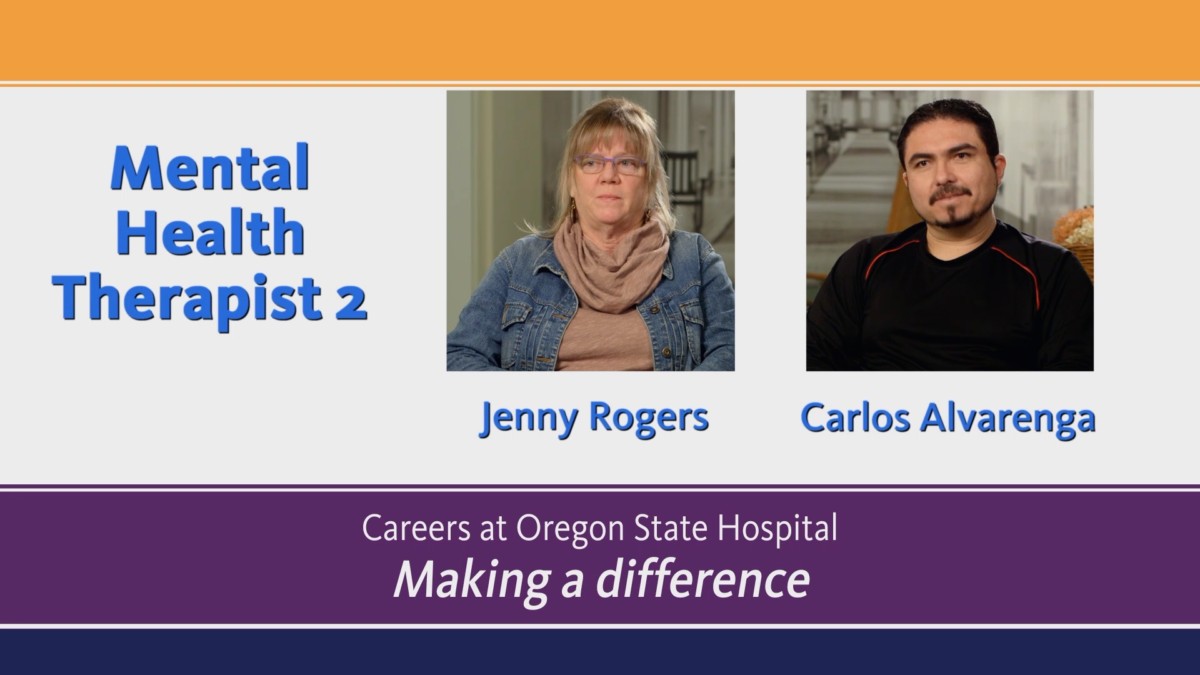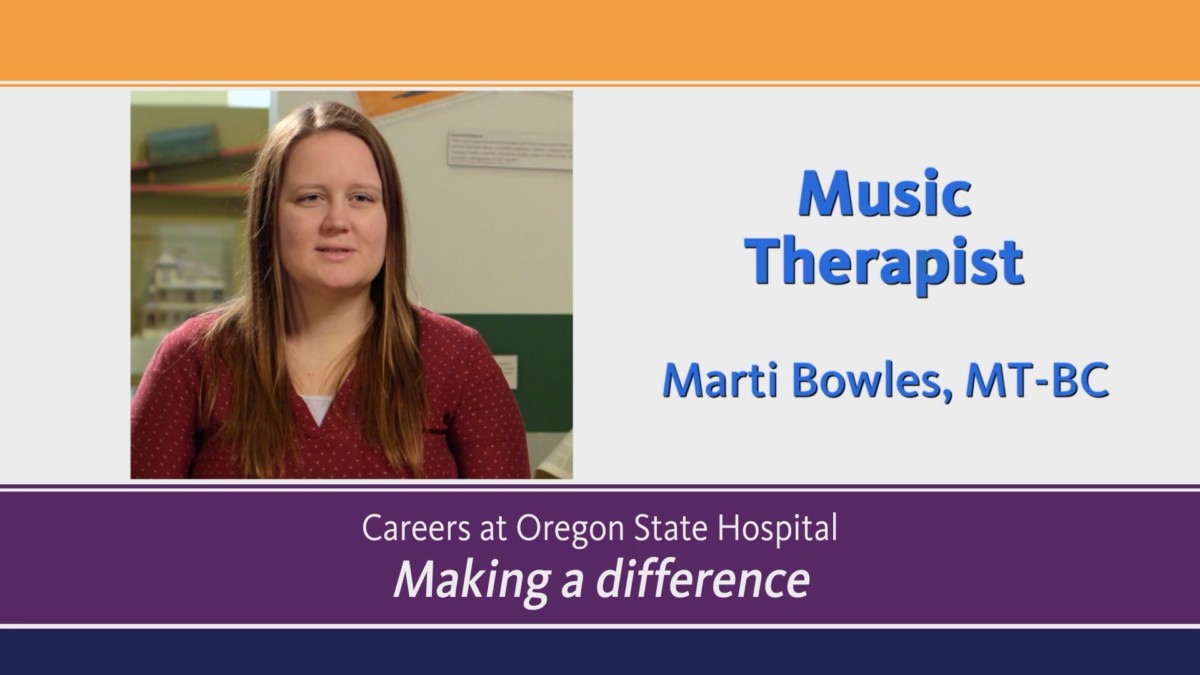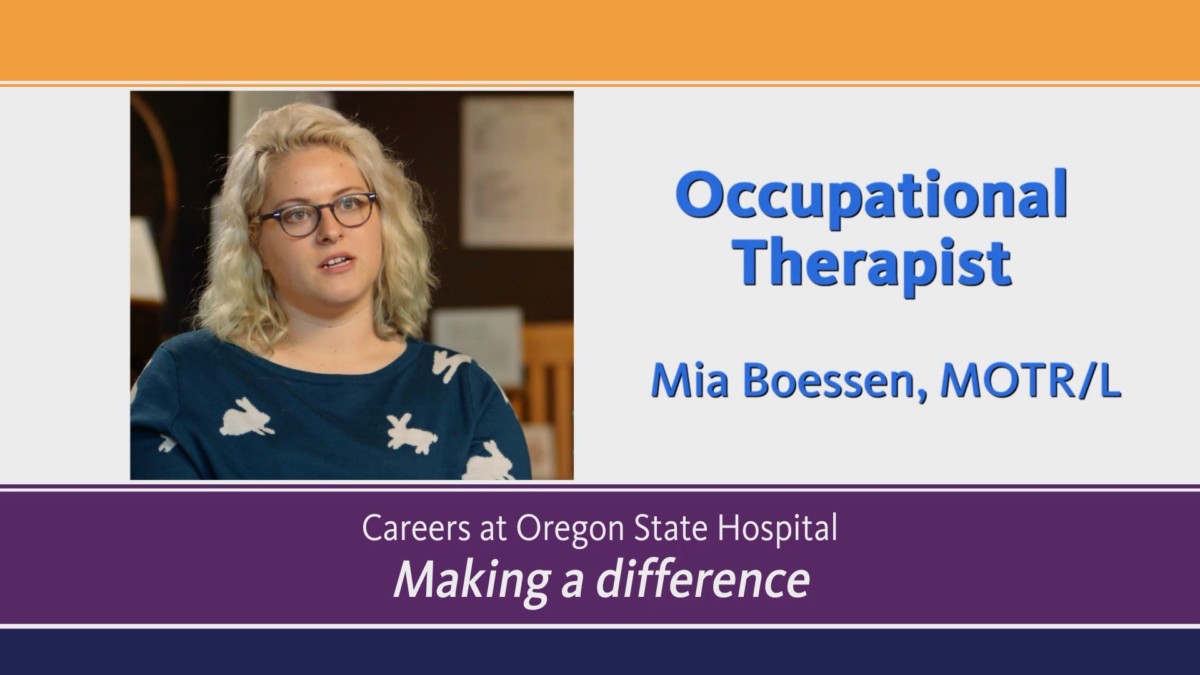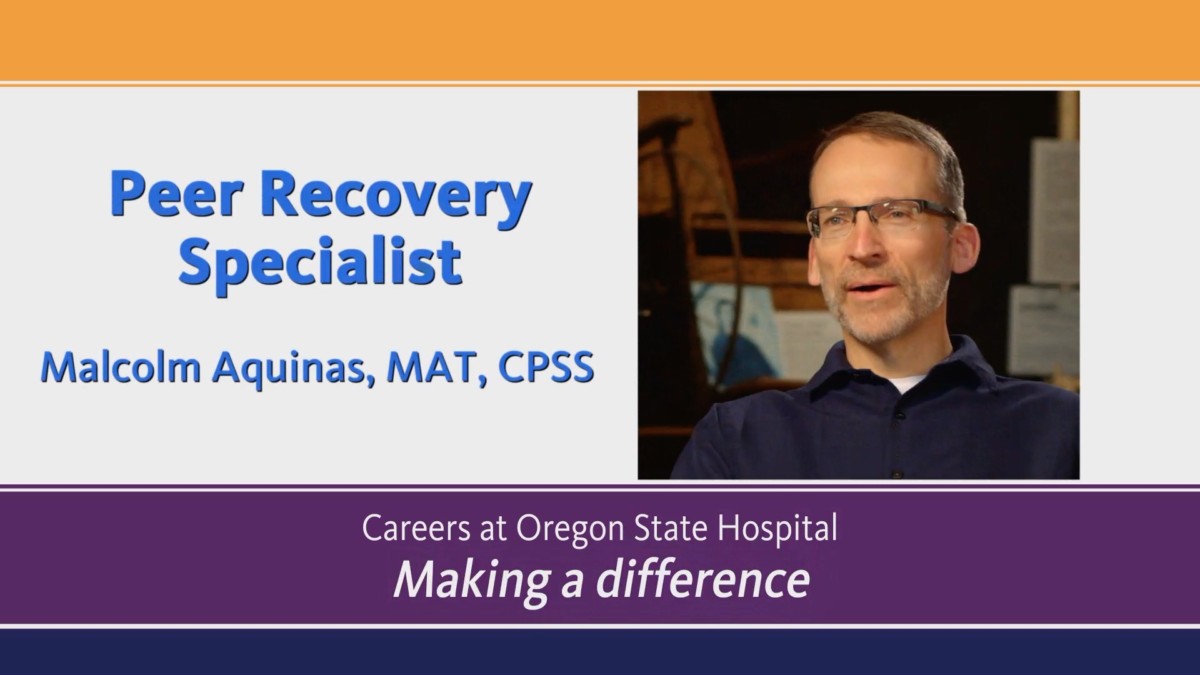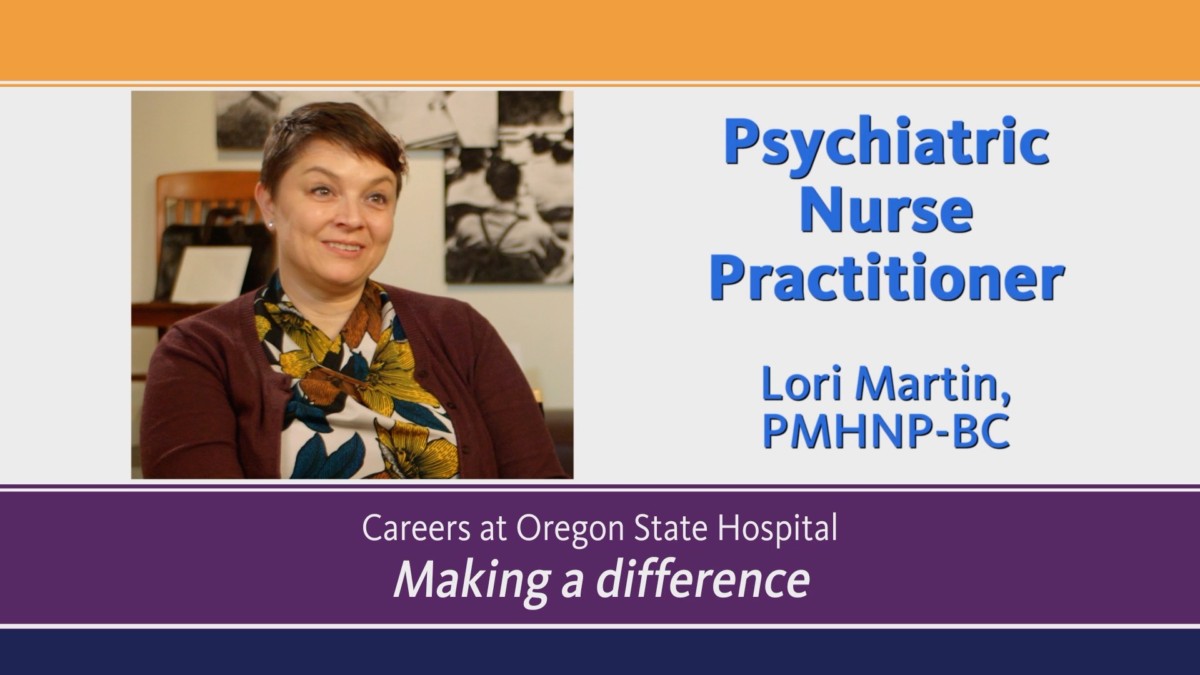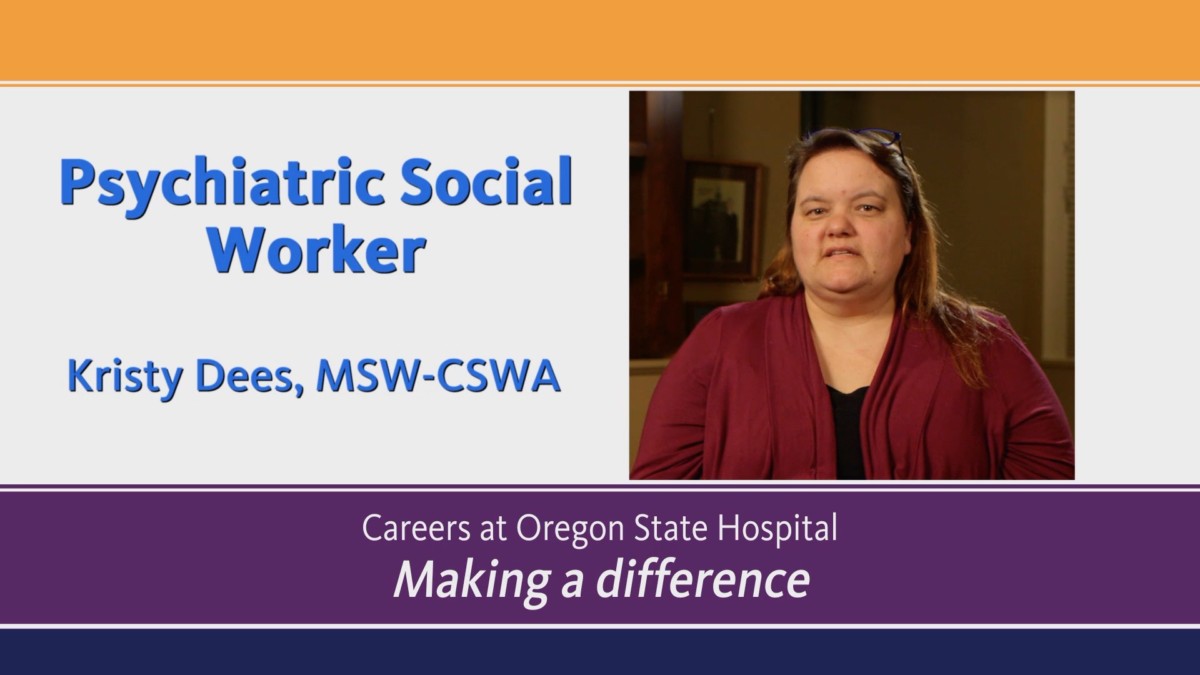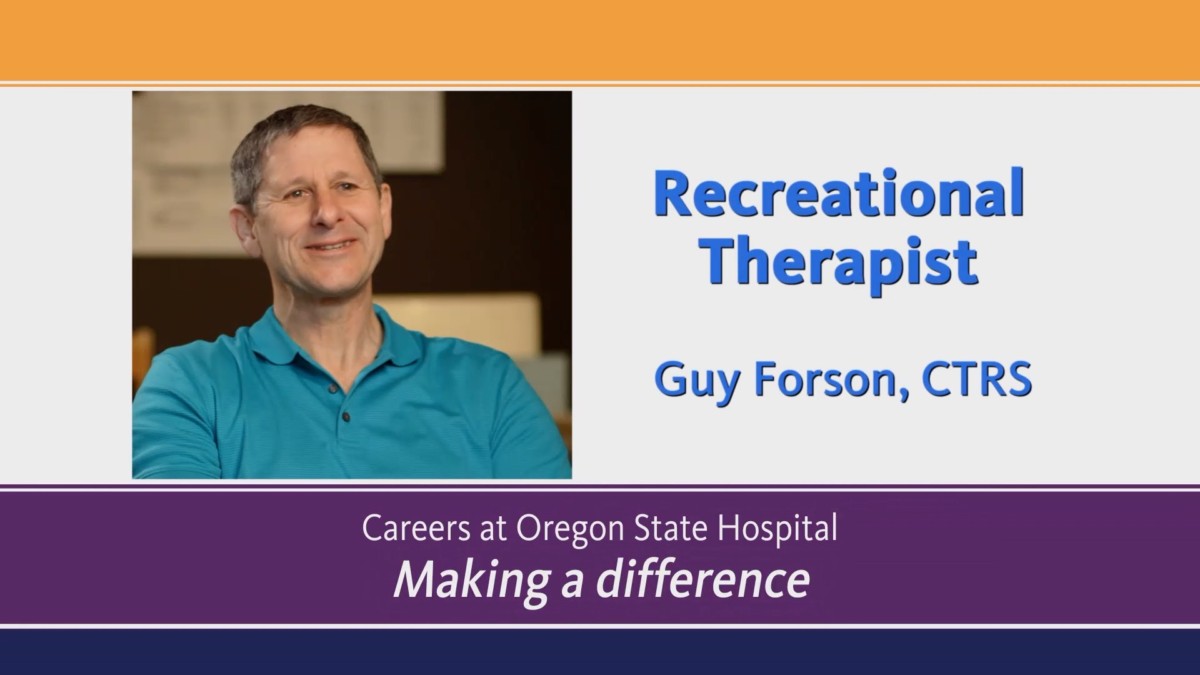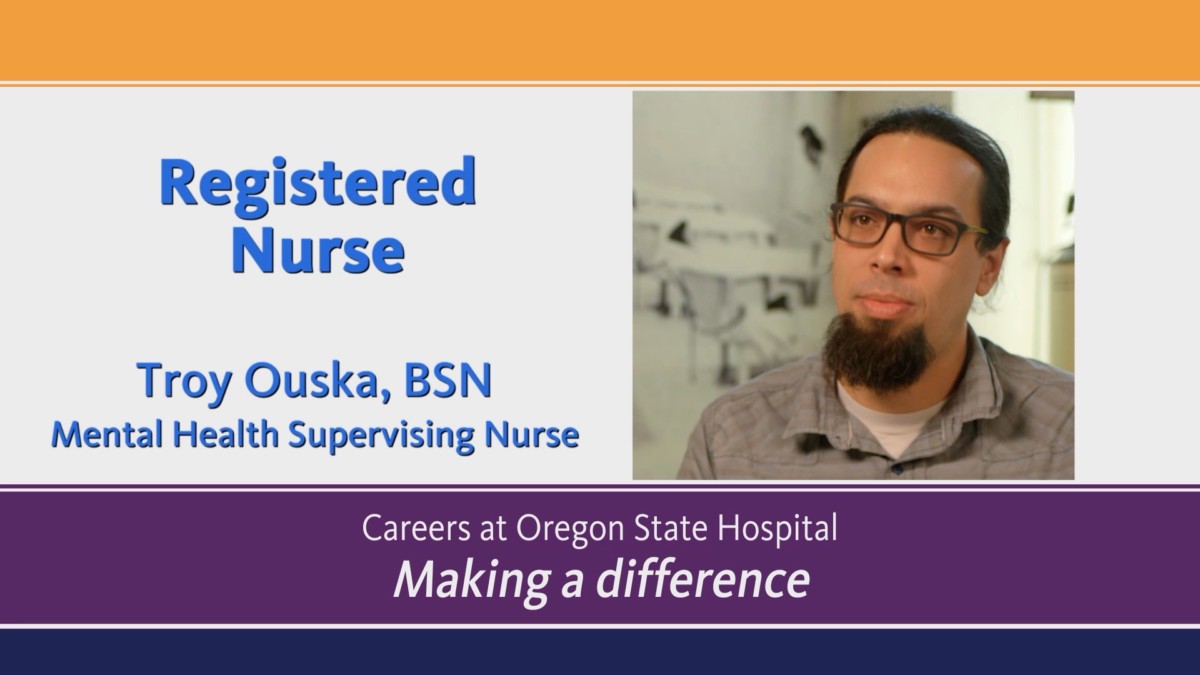Occupational Therapist
Careers in Mental Health
Mia Boesen, MOTR/L
Occupational Therapist
Generic Information
Overview
As a part of patient-centered interdisciplinary care teams, Occupational Therapists support patients by teaching a variety of skills through conducting and analyzing standardized assessments, evaluations and interviews. These skills include activities of daily living (i.e. dressing, bathing, communicating one’s needs). Occupational Therapy not only prepares patients for employment, it prepares patients for an independent life after discharge. Physical, social and emotional independence, sensory regulation, and self-awareness are primary among the many skills Occupational Therapists cultivate.
For more information on the educational pathway to this and other healthcare careers follow this Link to the Educational Resource page.

